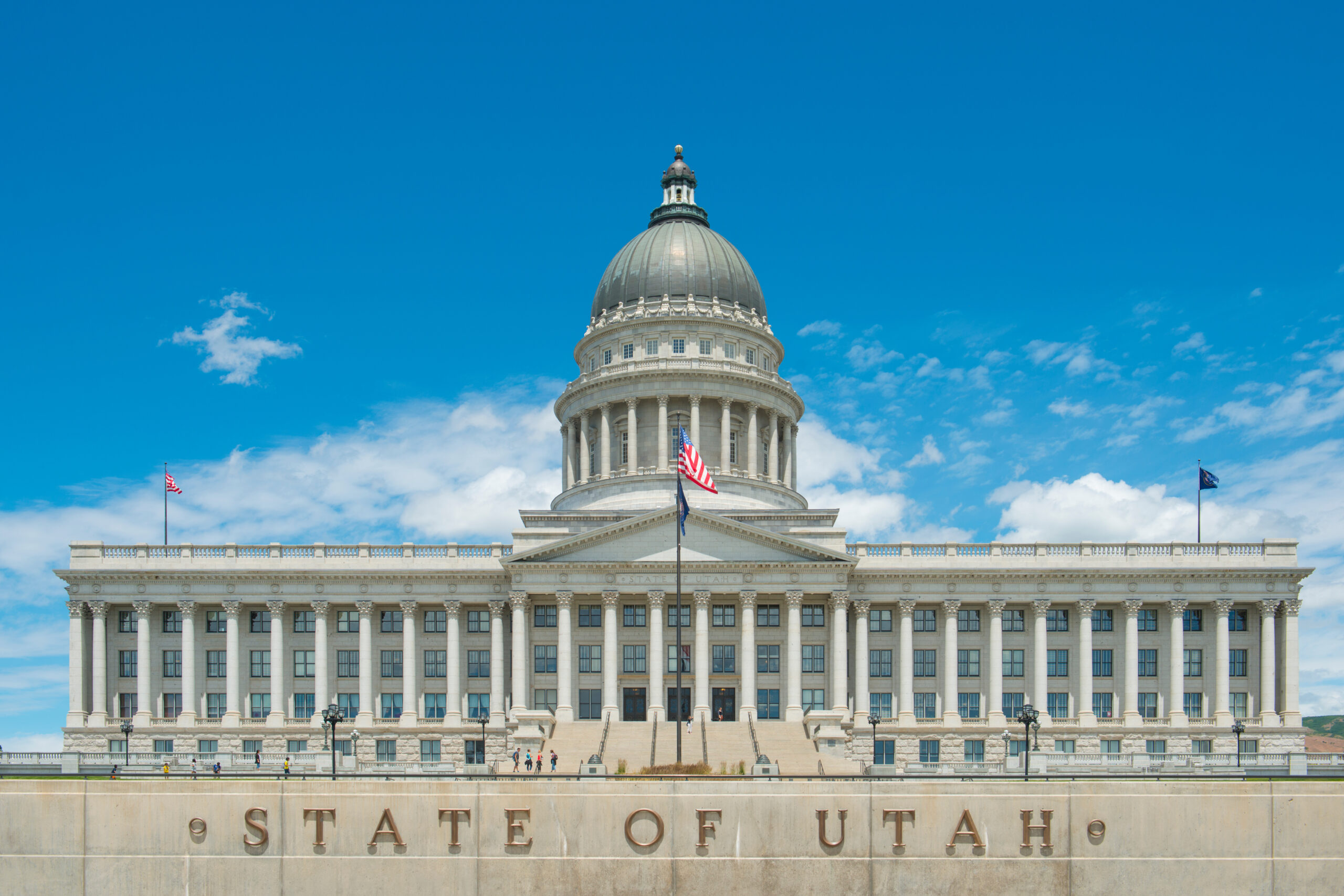Beginning May 1, 2024, certain private entities using generative AI will be required to disclose when an individual interacts with AI technology or views material created by generative AI. The Utah Artificial Intelligence Policy Act (AIPA) expands existing consumer protection laws enforced by Utah’s Division of Consumer Protection (DoCP) to cover generative AI deployments and makes clear that the business (and not the system) is responsible for actions caused by generative AI use. The law, signed in March 2024, marks a significant step in regulating AI in the private sector.
Key provisions of the law include:
Generative AI Definition
The AIPA defines “generative artificial intelligence” as “an artificial system that: (i) is trained on data; (ii) interacts with a person using text, audio, or visual communication; and (iii) generates non-scripted outputs similar to outputs created by a human, with limited or no human oversight.”
Disclosure Obligations
The new law mandates transparency by imposing disclosure requirements when a person interacts with AI technology or views material created by generative AI on two categories of businesses:
- Businesses that use or cause generative AI to interact with a person in connection with any law administered and enforced by the DoCP must disclose, when asked or prompted by the person, that the person is interacting with generative AI and not a human. Businesses subject to laws administered and enforced by the DoCP include telemarketers, residential solar energy retailers, and certain businesses in the automobile industry. A list of the statutes and rules that the DoCP enforces can be found at https://dcp.utah.gov/statutes-and-rules/.
- Businesses that provide services of a “regulated occupation” must prominently disclose when a person is interacting with generative AI in the provision of the regulated services (i) verbally at the start of an oral exchange or conversation and (ii) through electronic messaging before a written exchange. A “regulated occupation” means any occupation regulated by the Dept. of Commerce for which a license or state certification is required to practice the occupation. Examples of regulated occupations include accountants, general contractors, engineers, and physicians. A directory of occupations requiring a license or certification is available at https://dopl.utah.gov/licenses/.
Penalties
Violations of the disclosure requirements can result in administrative fines up to $2,500. Additionally, businesses that use generative AI for illegal purposes could be subject to criminal charges.
The Office of AI Policy
The AIPA establishes the Office of AI Policy within the DoCP, which will oversee the AI Learning Lab Program, a new initiative to assess the risks, benefits, and policy implications of AI technology and make recommendations to lawmakers.
Impact on Businesses
Businesses regulated under the AIPA must quickly consider and adopt operational adjustments to comply with the disclosure requirements before the May 1, 2024, effective date. Businesses should review all automated systems incorporating generative AI to assess how such systems may interact with consumers and identify associated risks, implement strong AI compliance procedures and monitor efficacy, and ensure employees are trained on proper AI usage. Working with effective counsel to implement strong AI compliance procedures will help make your use of AI safe and productive.
AI continues to rapidly transform the business world. The AIPA represents a significant step in regulating AI usage and promoting responsible practices. It will likely set the precedent for other states to follow. Indeed, many other states are already introducing and exploring their own AI legislation, which could result in a legislative patchwork for businesses to navigate.
Aaron works across numerous highly-regulated industries, helping them comply with state and federal laws related to privacy and data security, cannabis, marketing, teleservices, and other consumer protection matters.



